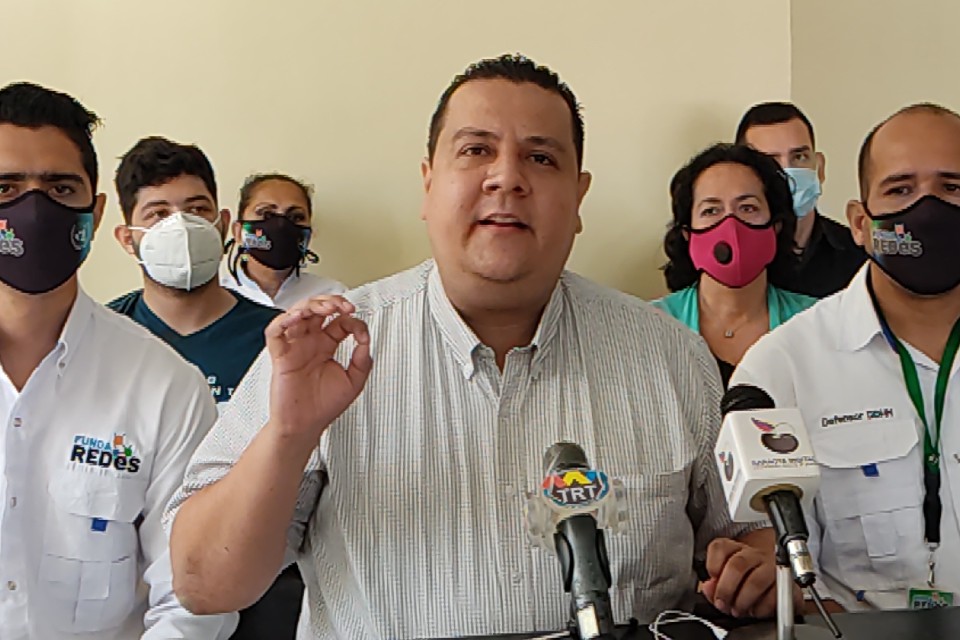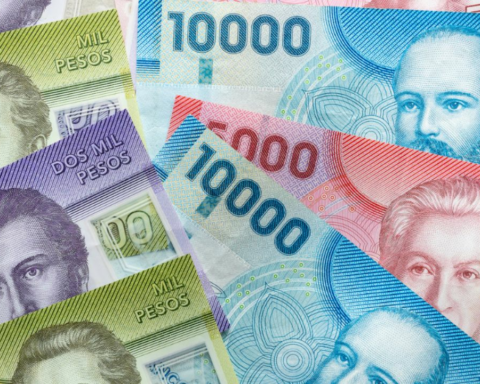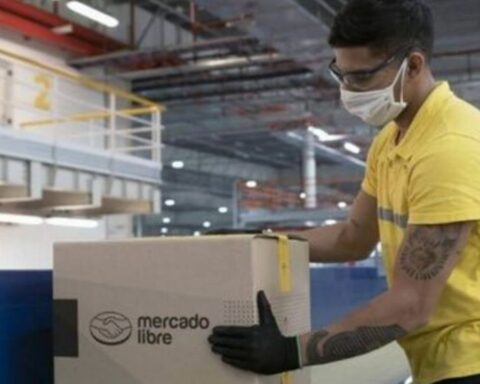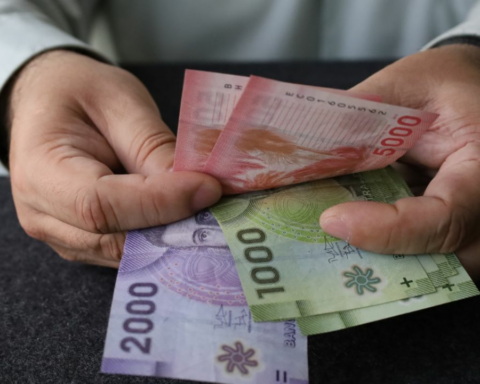The Government considered the controversy generated after the criticism that arose on the other side of the mountain range due to the continuous allusions to the “Wallmapu” by the Minister of the Interior, Izkia Siches, to be over; something that certain political leaders have considered a hidden questioning of Argentine sovereignty over its territory.
After the apologies of Minister Siches for the use of the denomination that in geographical terms includes Argentine territory, consulted by the Argentine newspaper Clarion, President Gabriel Boric clarified that the sovereignty of the neighboring country “is not an issue that is under discussion on our part.”
You may also like:
“On the controversy, my attitude and my invitation is that in Latin America we have to rethink the relationship between the National States with the original peoples, with the indigenous people. And that is what we are working on in Chile. I am not the one to say to any president how he has to do things in his territory. It is what we are going to follow in Chile and if we can collaborate with him and also learn from other experiences, welcome,” said President Gabriel Boric in a conversation with the trans-Andean media.
Regarding a possible coordination with the Argentine authorities on this issue, the head of state indicated that there will be coordination to seek solutions and to face this in a peaceful manner. “But I do not want to leave any room for doubt, we fully respect Argentine territorial sovereignty. That It is not a matter that is under discussion on our part,” said Gabriel Boric.
The President of the Republic of Chile said he was fully aware that the situation “is a problem that stems from a conflict between the Chilean State and the Mapuche people, from the misnamed by traditional historiography -and he wanted to be very explicit- Pacification of Araucania”.
“This from the 1860s onwards generated an usurpation and dispossession that to this day has not been resolved. And therefore the commitment of our government is, and I am not naive, that these conflicts are not resolved overnight, but at least in turning the wheel and rebuilding trust, dialogue, parliaments, the old parliaments, between the Chilean state and the Mapuche people,” he added.
Boric emphasized that the Chilean Executive will follow the path of dialogue: “We are not going to give up on the path of dialogue and those who believe from any sector that violence is the way to solve something, I tell them that they are totally wrong. Our duty is enforce the law and ensure respect for the rule of law, while recognizing that there is a political conflict here that has derivatives of public order. But if we do not recognize the political and historical nature of the conflict, we will never reach a solution.”
Regarding what issues he is planning to raise with his Argentine counterpart, Alberto Fernández, on the matter, he maintained that “in this I recommend diversifying the sources of information. We as a base, and it is a common minimum that I imagine with the president of Argentina, We are going to fully agree that the rule of law must be respected”.
“Here we are not in a discussion about territorial sovereignty but about how we understand the relationship between the peoples that inhabit our territory and that pre-exist the formation of States. And that also implies an act of political imagination that has to do with leaving of a merely public order discourse. Therefore, what we are doing in Chile through a constitutional process that is under way and trying to resume, with many difficulties, we know that it is going to be difficult, the trust between the Chilean State and the Mapuche people , it is precisely the discussion about land and self-determination, which is not the same thing, and in this I want to be very clear, that neither independence nor secession”, closed the Chilean president.








